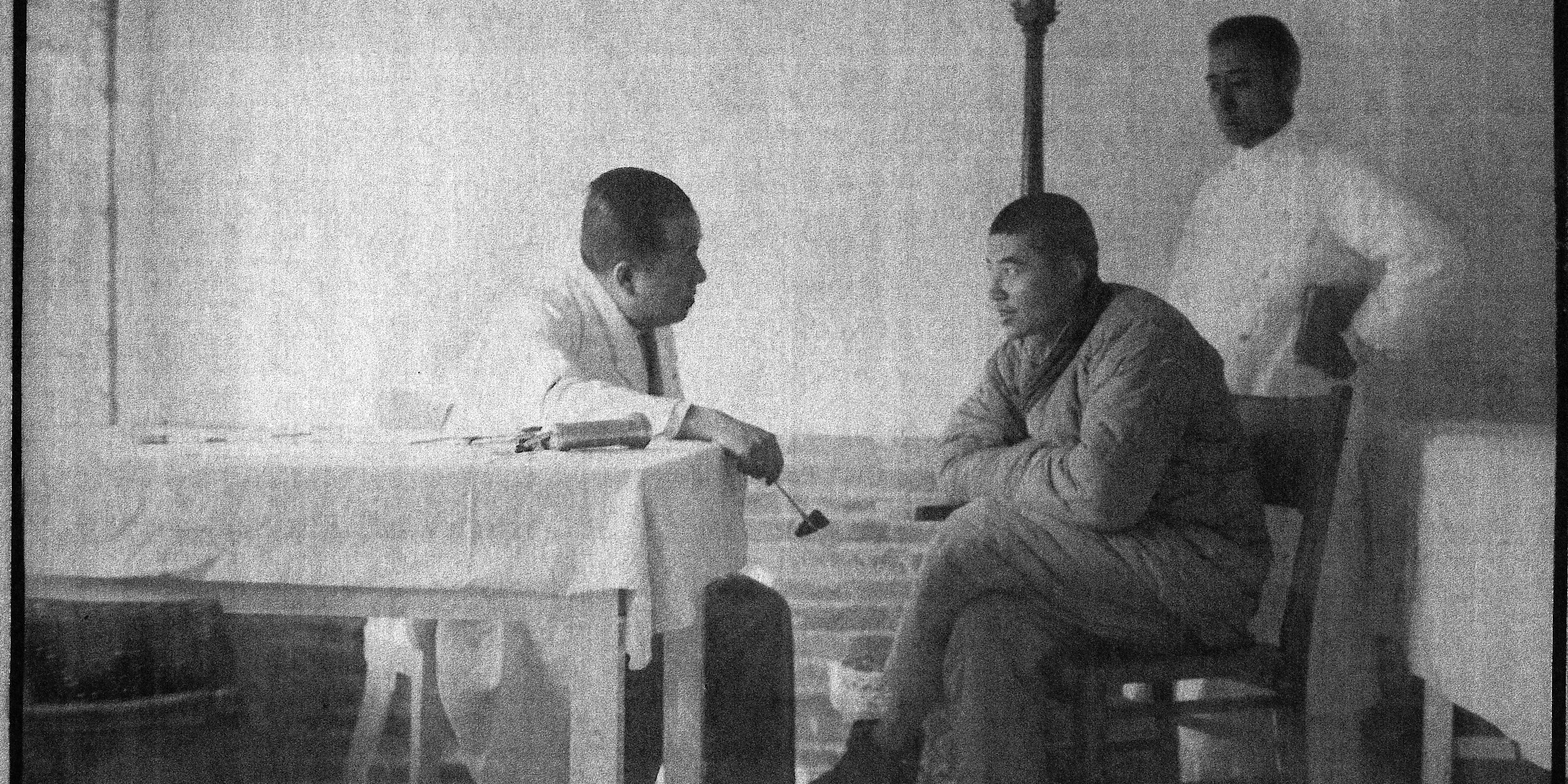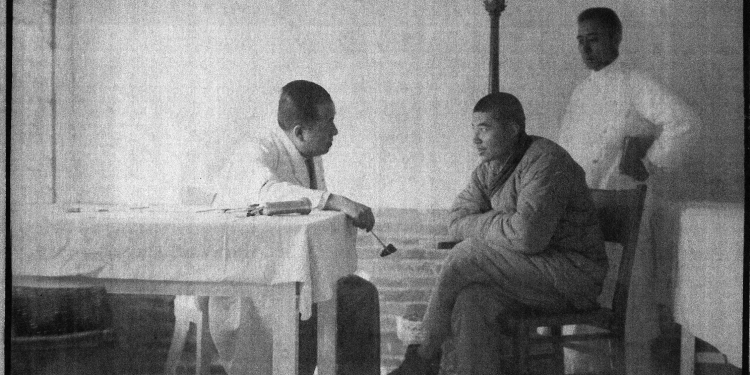The Invention of Madness: A Social History of Insanity in Beijing, 1900-1937
Emily Baum
History
UC Irvine
The Invention of Madness traces a genealogy of insanity across early twentieth-century Beijing, and explores how interpretations of madness, as well as provision for the disorder, continuously evolved between the turn of the century and the onset of war with Japan in 1937. As a work of social history, The Invention of Madness both speaks to and departs from much of the existent literature on medical history in early twentieth-century China. Previous studies of medicine in China have predominantly been works of intellectual and political history, and have therefore explained the shifting contours of Chinese medical practice by focusing on the modernizing aspirations of the political and intellectual elite. By casting their gaze almost entirely on the upper echelons of Chinese society, however, these studies have not explored the complex ways in which medical “modernity” was then implemented and experienced on the ground level.
The Invention of Madness, by contrast, highlights the ways that psychiatric discourses and institutions were interpreted, utilized, and even transformed by typically marginalized historical actors. Ultimately, it argues that evolving meanings and practices of madness in Republican Beijing were not simply the product of a premeditated, top-down strategy meant to achieve medical modernity; rather, madness was continuously “invented” by a variety of actors in ways that were unique to, and determined by, their more immediate material, practical, and political needs.


